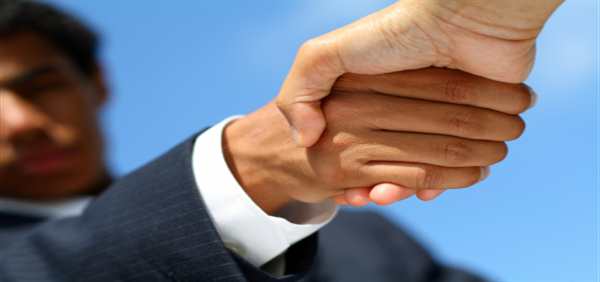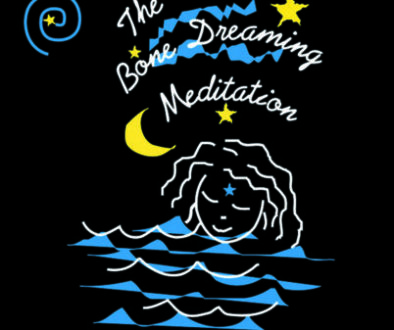Spirituality and Law: A Lawyer’s Path II

This is an excerpt from a book published by the American Bar Association about lawyer well-being.
In an earlier excerpt, I pointed out that the practice of law inevitably involves existential and spiritual dilemmas.
Here, the benefits and dangers of meditation or others forms of spiritual practice for lawyers are discussed.
Elizabeth Bader, Lawyering as a Spiritual Path, The Importance of Balance and Reflection
An Excerpt from Chapter 2 in: The Best Lawyer You Can Be: A Guide to Physical, Mental, Emotional, and Spiritual Wellness, (American Bar Assn, 2018) Edited with an introduction by Stewart Levine.
A Life of Balance?
The crucial issue [is], then, how to maintain one’s positive and vital connection to life and to others while serving in a role where one must consistently deal with the worst in human nature, and, sometimes, in oneself.
As sages throughout the ages have counseled us, the answer is to seek a life where the positive parts of life continually renew and refresh us. Balance is not only necessary for mental health, as many have argued; but also for a life which honestly confronts but is not destroyed by spiritual challenges.
“Stuck On ON”?
Unfortunately balance is impossible unless we re-evaluate some of the goals and values widely shared by those in the profession. This is because there is actually a physiological limit to our capacity to shift on demand into relaxation when our real goal is to “win,” to be “the best,” or to “succeed.”
Lawyering and competition arouse the sympathetic nervous system, the part of the nervous system that governs fight and flight and self-protective responses. If the nervous system is stimulated continually over a long period of time, we become more or less permanently stuck in a state of arousal and stress. We become “stuck on ON,” as some experts have put it.
Stated in spiritual terms, the notion that with more and more effort, we will become the “best” or the “winner” in life’s contests is an illusion. If we become “stuck on ON,” it is difficult to engage in balanced strategical thinking and action – the only kind that is truly effective. More importantly, it also leads to a life of unhappiness.
The Importance of Spiritual and Reflective Practices
The inner strength to remain balanced in the midst of conflict requires the inner power to act according to our sense of truth regardless of external pressures.
This inner power is what the ancient Chinese called te, a word which means both virtue and power. Our te will not be there when we need it unless we have cultivated it advance. For this, an ongoing, committed, reflective, and spiritual practice is necessary.
Meditation
The sublime practice of meditation can bring balance by focusing us on the present moment in a compassionate, nonjudgmental way. It also brings balance by soothing nervous system arousal. However, there are some caveats.
Firstly, for some people, especially those who have experienced trauma, meditation may result in serious impairment or even breakdown. The work of Willoughby Britton at Brown University is beginning to bring this problem to light with regard to mindfulness meditation.[i] This issue has also been recognized by some leaders in the meditation and mindfulness community.
Also, in our secular society, there is a tendency to divorce mindfulness meditation from its roots as a spiritual practice. It then becomes McMindfulness, merely a therapeutic self-help technique. Self-help techniques may, of course, be useful. But if we use them to avoid deeper issues, in the long run they are counterproductive.
When one returns mindfulness and other types of meditation to their ancient, deeper roots, one comes again to the importance of being present, but also the importance of knowing oneself and acting with integrity in the midst of life.
[i] On Willoughby Britton’s work, see Tomas Rocha, “The Dark Knight of the Soul,” in The Atlantic, available at http://www.theatlantic.com/health/archive/2014/06/the-dark-knight-of-the-souls/372766/ (June 24, 2014).
Still to Come
In the last part of this chapter, which will be published here in a last excerpt, additional spiritual/psychological practices are discussed, including reflective inquiry. The dangers of excessive ambition are emphasized.
The full chapter can also be found here.



July 19, 2021 @ 4:49 am
I am a first-year JD candidate in Australia in my 20s, and have stumbled across your blog by chance. Many of the things which you have written resonate deeply with my own feelings – feelings which I have struggled with – regarding the difficulty in balancing a rich inner life (and a fulsome spiritual life) with the demands of life in the law. They are feelings which I have harboured now for some time – and which have been exacerbated by the fact that my choice to study law was itself borne out of these same feelings triggered by a previous career path in banking and finance. That the law does not seem to soothe this tension is a matter which bothers me somewhat … Though perhaps few career paths do bridge that gap.
In any case … I look forward to reading future posts.
Best
M
July 19, 2021 @ 6:28 am
Thank you Matthew. It is good to know the work here has been meaningful for you. I appreciate your reaching out.
March 16, 2021 @ 12:17 pm
Liz,
Ch. 2, The Importance of Balance and Reflection was very well-done, it is also getting more difficult to live a balanced life. Part of it simply has to do with the amount of information we get bombarded with on a daily basis, sometimes it’s important to simply get away from the internet and enjoy the company of others. Attorneys are simply spending too much time analyzing all the information we are bombarded with and as a consequence we forget about the spiritual part of ourselves. Nice work.